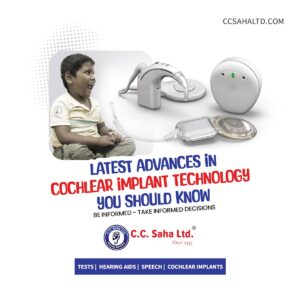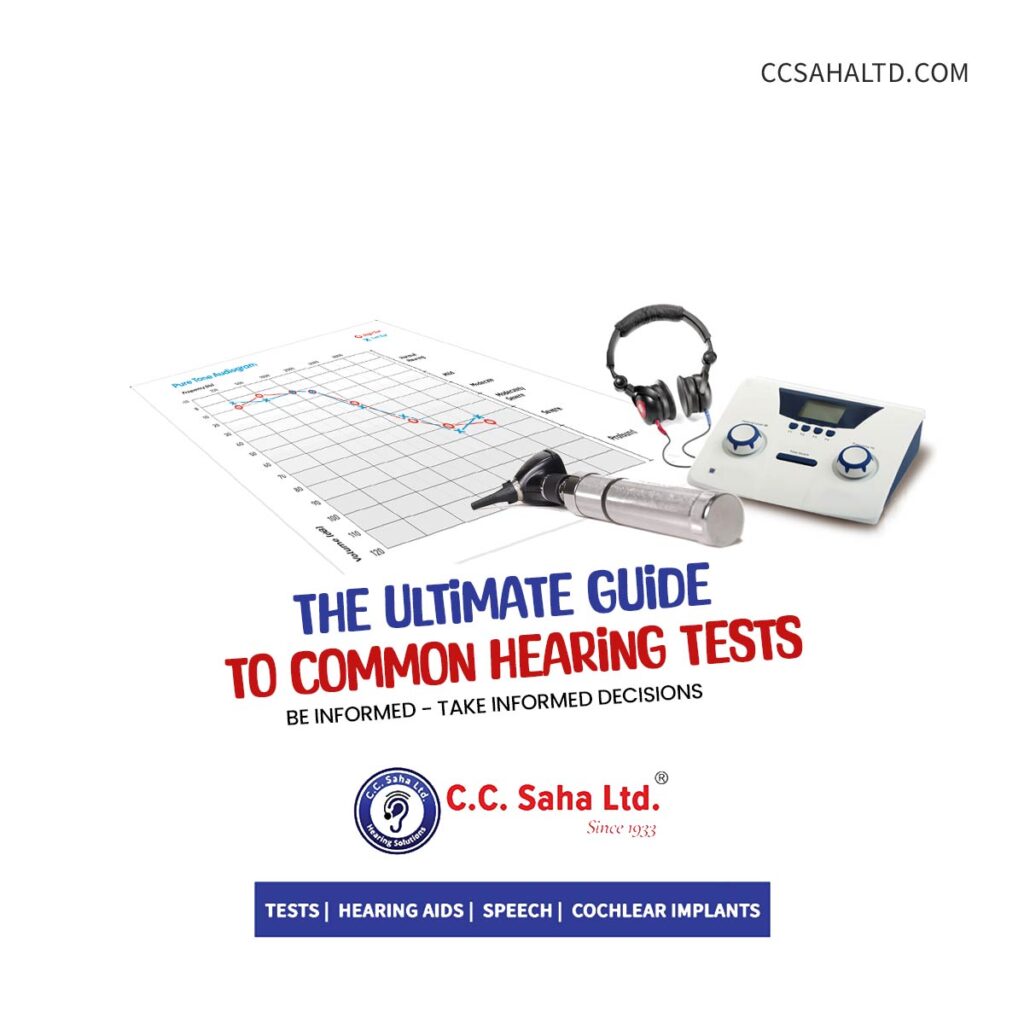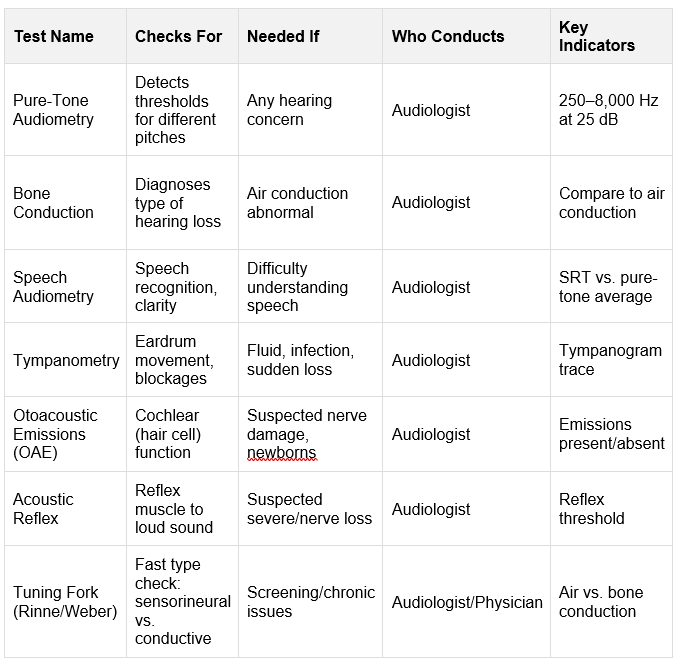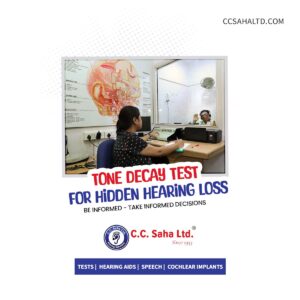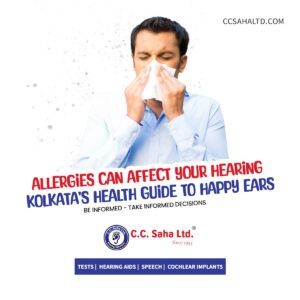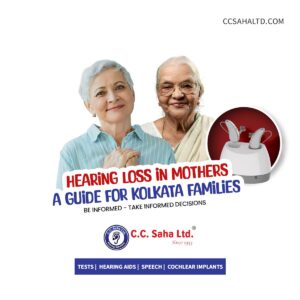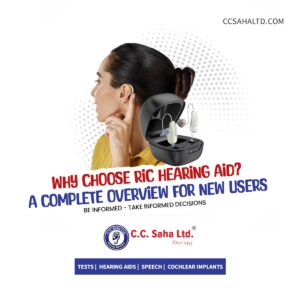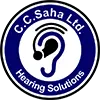Q1. How should I prepare for a common hearing test?
Preparation for common hearing tests is minimal. It’s best to avoid exposure to loud noises 24 hours before the test, get a good night’s sleep, and if possible, have your ears checked and cleaned by a specialist to remove any earwax that might affect accuracy.
Q2. Can children get common hearing tests too?
Yes, children can and should get common hearing tests, especially if there are concerns with speech, response to sounds, or developmental milestones. Pediatric audiologists perform child-friendly evaluations to ensure accurate results.
Q3. How is a pure-tone audiometry test performed?
During pure-tone audiometry, you wear headphones in a soundproof booth while an audiologist plays tones at different pitches and volumes. You indicate when you hear the sounds, which helps map your hearing sensitivity.
Q4. Who conducts hearing tests at CC Saha Ltd. clinics?
RCI Certified audiologists and trained hearing specialists at CC Saha Ltd. professionally conduct hearing tests using advanced diagnostic equipment.
Q5. What does a speech audiometry test measure?
Speech audiometry evaluates your ability to detect and understand spoken words, especially in quiet and noisy environments, reflecting real-life hearing challenges.
Q6. What is tympanometry and why is it important?
Tympanometry measures eardrum movement and middle ear pressure to detect issues like infection, fluid, or blockages that can affect hearing.
Q7. Are hearing tests painful or do they require preparation?
No, common hearing tests are painless and require no special preparation. You simply respond to sounds or follow instructions during testing.
Q8. How often should I get my hearing tested?
Annual testing is recommended, especially for those exposed to loud noise or noticing hearing changes. Regular checks help catch problems early.
Q9. Can hearing tests identify different types of hearing loss?
Yes, tests can distinguish sensorineural, conductive, and mixed hearing loss by analyzing how sound is received and processed.
Q10. What preventive steps are recommended for noisy environments?
Regular hearing tests, using ear protection, and limiting exposure to loud sounds at home, work, or travel help prevent hearing damage.
